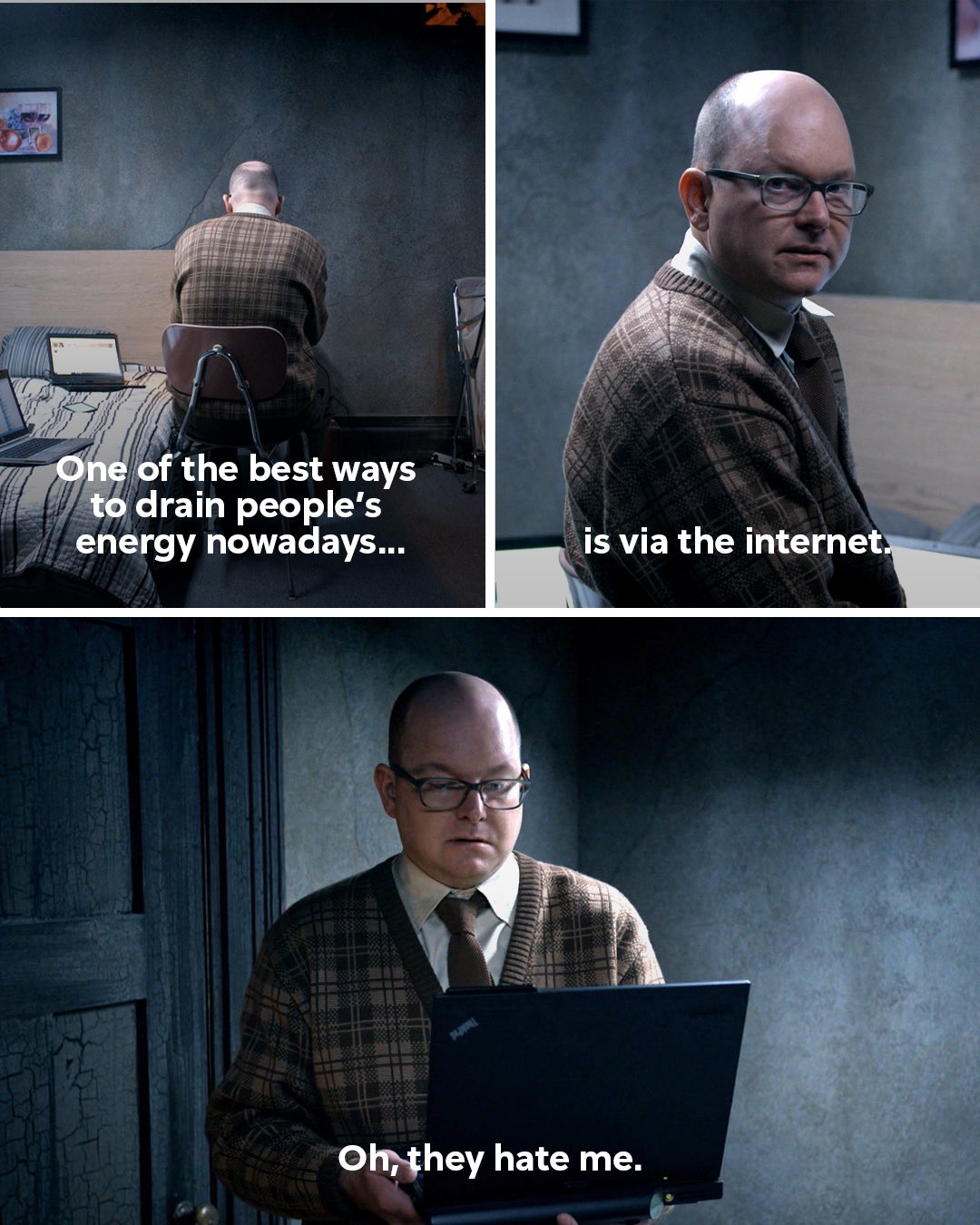Is the Internet On Computers These Days? Exploring the Evolving Digital Landscape
The internet, once a revolutionary network confined to bulky desktop computers, has undergone a dramatic transformation. Today, it’s seamlessly woven into the fabric of our lives, accessible through a myriad of devices. While personal computers still play a vital role, the internet’s presence has expanded far beyond, permeating smartphones, tablets, smartwatches, and even household appliances. This article delves into the evolving relationship between the internet and computers, examining the shifts in usage patterns and the implications for the future.
The Rise of Mobile Dominance
The advent of smartphones and their ubiquitous connectivity has fundamentally altered how we interact with the internet. Mobile devices have become the primary access point for many, offering unparalleled convenience and portability.
Accessibility: Smartphones are always within reach, enabling constant connectivity and instant access to information, communication, and entertainment.

As a result, mobile internet usage has surged, surpassing desktop usage in many regions. This shift has profound implications for businesses, developers, and content creators, who must now prioritize mobile-first strategies to reach and engage their audiences effectively.
The Evolving Role of Desktop Computers
While mobile devices have taken center stage, desktop computers continue to hold significant value in specific domains.
Productivity and Creativity: Desktop computers, with their larger screens, powerful processors, and dedicated peripherals like keyboards and mice, remain indispensable for tasks that demand high performance and precision. These include content creation, software development, gaming, and data analysis.
Moreover, the lines between desktop and mobile are blurring with the rise of hybrid devices like 2-in-1 laptops and detachable tablets, offering the flexibility of both form factors.
The Internet of Things (IoT)
Beyond traditional computers and mobile devices, the internet is increasingly embedded in a vast array of everyday objects, ushering in the era of the Internet of Things (IoT).
Smart Homes: Smart home devices, such as smart speakers, thermostats, and security systems, are interconnected and controlled through the internet, enabling automated functions and remote management.
The IoT is rapidly expanding, connecting an ever-growing number of devices and creating a more interconnected and intelligent world. However, it also raises concerns about data privacy, security, and the potential for misuse.
The Future of the Internet and Computing
The future of the internet and computing is likely to be characterized by several key trends:
Artificial Intelligence (AI) and Machine Learning: AI and machine learning will play an increasingly crucial role in shaping the internet experience, powering personalized recommendations, improving search results, and enabling more sophisticated applications.
Conclusion
The internet, once a nascent technology confined to specialized machines, has evolved into an integral part of our daily lives, accessible through a diverse range of devices. While the role of traditional computers is evolving, they remain valuable tools for specific tasks and continue to serve as the foundation for many technological advancements. As the internet continues to evolve, driven by innovations in mobile technology, IoT, AI, and other emerging technologies, it will undoubtedly reshape the way we live, work, and interact with the world around us.
This article has provided a glimpse into the dynamic and ever-changing landscape of the internet and computing. It is crucial to stay informed about these developments and adapt to the evolving technological landscape to fully embrace the opportunities and address the challenges that lie ahead.
